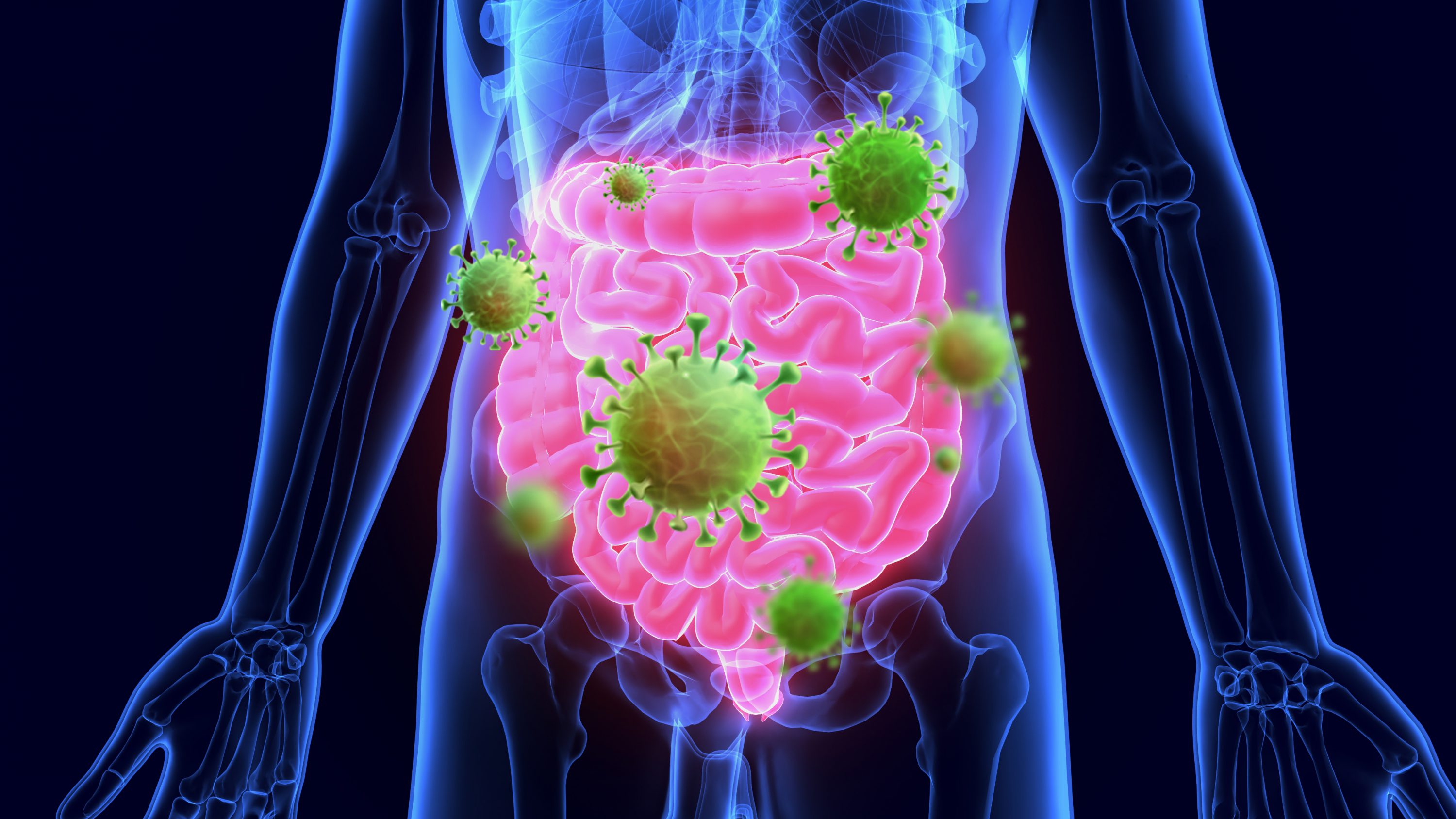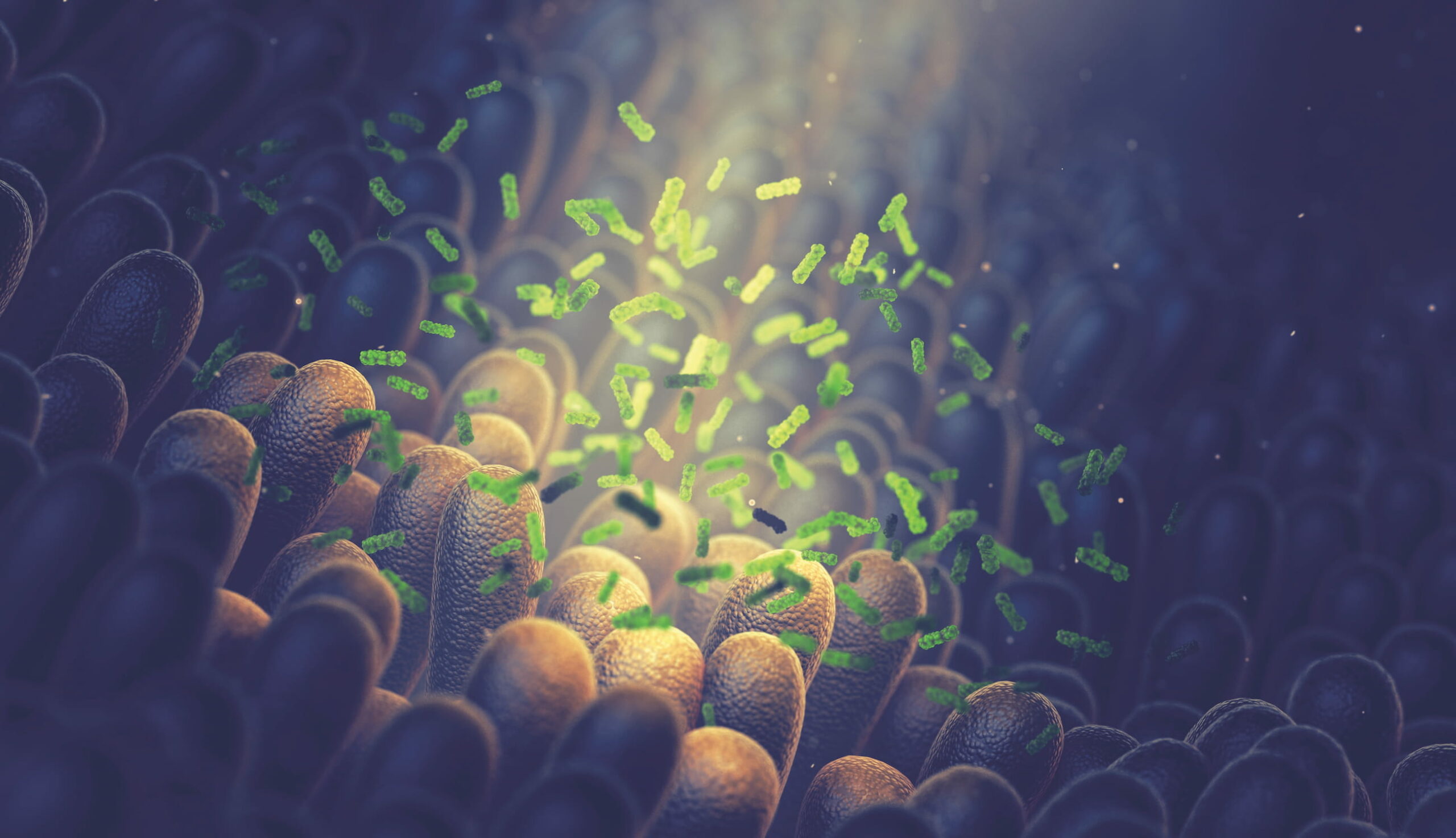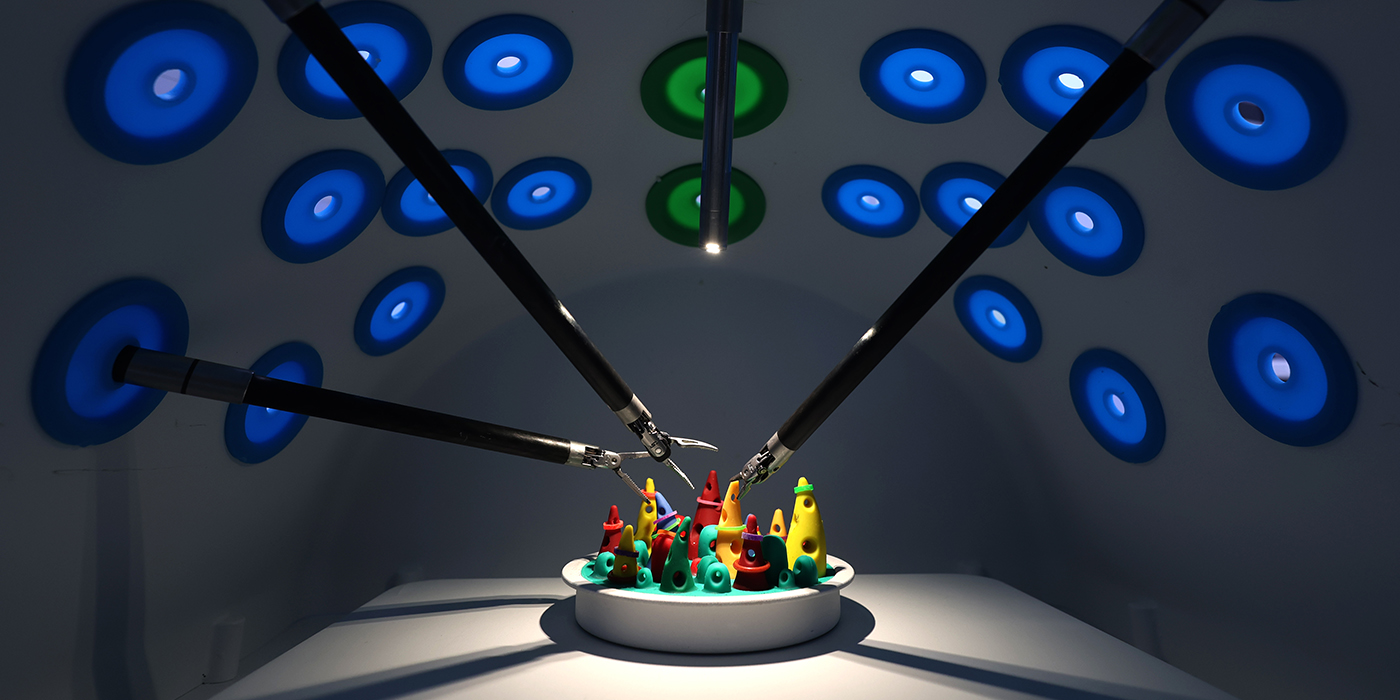Commentators around the world have described the struggle against COVID-19 as a global war; we need a well-balanced, resilient, and healthy gut bacteria to face this “silent” enemy that continue to steal many lives worldwide. The research team from Faculty of Medicine at The Chinese University of Hong Kong is amongst the first in the world to identify that a series of “good” bacteria is missing in the gut of patients with COVID-19. These patients carried an imbalance in the type of “good” and the “bad” bacteria in their gut and which puts them at risk of the infection. How severe their illness is also correlates with the “unfavourable” bacteria in their gut.

In response to their discovery, the research team led by Professor Ng Siew-chien, Associate Director of the Faculty’s Centre for Gut Microbiota Research has developed a probiotic supplement to become part of the human diet to help increase the good gut bacteria. A new and unique probiotic formula based on science and novel technology better delivery to the gut will be available shortly. It contains probiotics, which are live, “good” bacteria that help keep your gut healthy. When you lose “good” bacteria in your body, certain probiotics can help to replace them.
Professor Paul Chan Kay Sheung of the Department of Microbiology explains that there are 100 trillion bacteria, good and bad, which make up the gut microbiota but certain bacteria strains found in healthy individuals regulate the digestive system, modulate immune function and act as a barrier against infections. He describes the system to be complex and the gut can be considered a separate immunological organ of the body.

In February and March, stool specimens were collected from 15 COVID-19 patients who had been hospitalized until discharge with mild to critically ill diseases . The research team studied the microorganisms in the patients’ guts and compared them with those from healthy individuals. These patients had an imbalance in their gut microbiota; the greater the dysbiosis (imbalance in the gut microbial community causing disease), the more severe the infection. Though certain patients could already had an imbalance towards bad bacteria before catching the virus, the imbalance in most cases likely came from the virus attacking the gut. The imbalance will stay with the patients for a long time, even after recovery. The team will be following up all recovered patients to monitor their progress.
The research has since been expanded to over 150 COVID-19 patients and 1,500 healthy individuals. Using big data analysis and machine learning, the team has identified specific strains of bacteria patients lacked. A special technology has been developed to enhance the stability and quantity of live bacteria within their formula which could be used to target gut dysbiosis in COVID-19.

Professor Ng makes the point that the composition of microorganisms in our gut can be altered by diet or lifestyle. “What appears to be useful in the Western populations may not be beneficial among Asian populations. Our probiotic formula is derived from data derived from the Chinese population and we believe it will have a role to our community.”
The research team believes that the formula they have developed overcomes the limitations on currently available probiotic products. For example, many probiotic bacteria do not survive gastric acid, high temperature or humidity. The shelf-life of many probiotic products is short.
CU Medicine has applied for patents for this probiotic innovation in China and the U.S. and is now collaborating with innovation and technology companies and food companies to turn the formula into a probiotic supplement that can be added into the daily diet. The team is hoping that the innovation can reach the public within months.

However, Professor Francis KL Chan, Dean of CU Medicine, gave a word of caution. Probiotic is, at this point, considered a supplement and should not be looked to as a definitive treatment. They are now working on large-scale clinical trials to provide further scientific evidence on the role of these products in preventing or treating infectious diseases including COVID-19. “This will be a novel approach in the combat against COVID-19,” he says. “We must identify the composition of intestinal bacteria that helps maintain our defence. From there on, we can modulate the gut microbiota to boost our immunity against viral and bacterial infections.” There will be hope against this battle.










